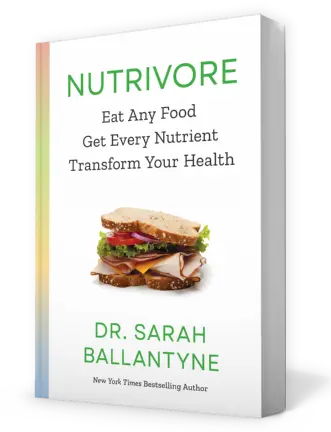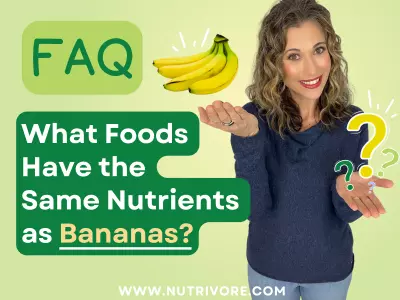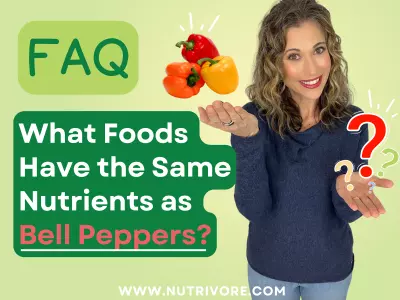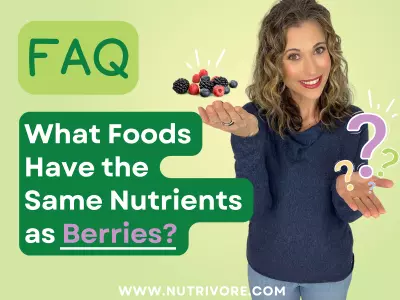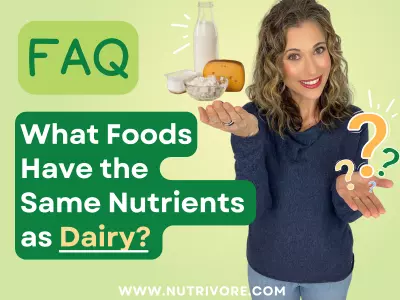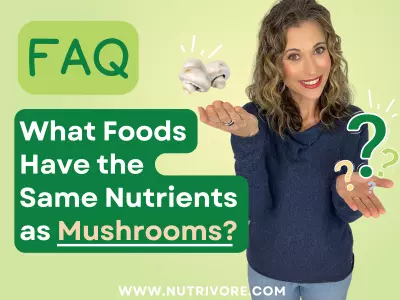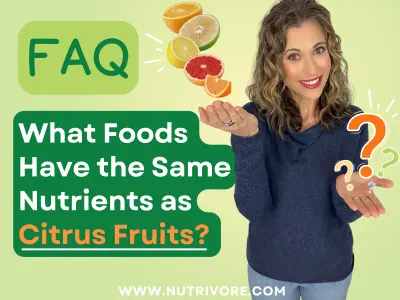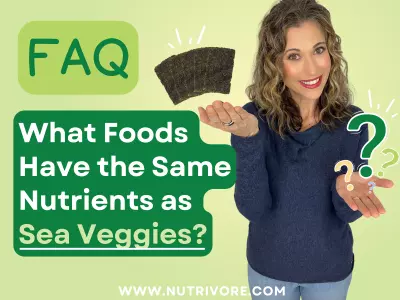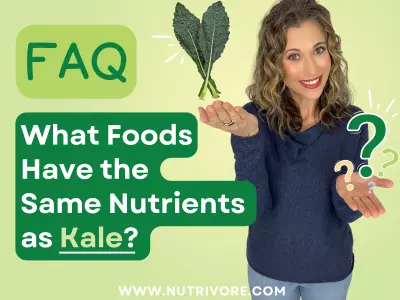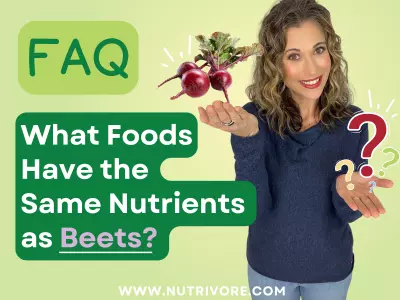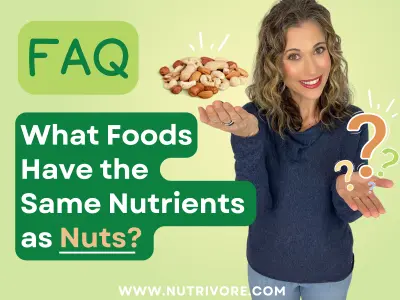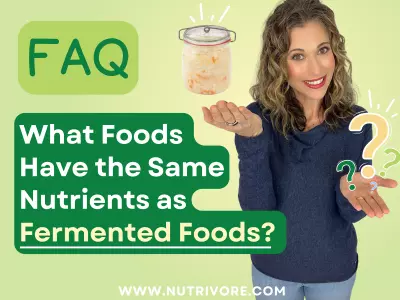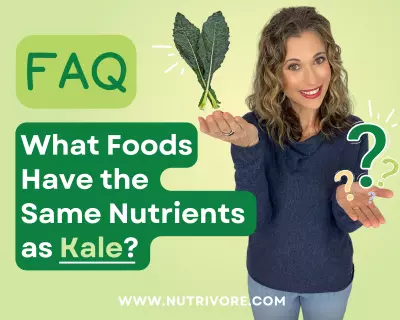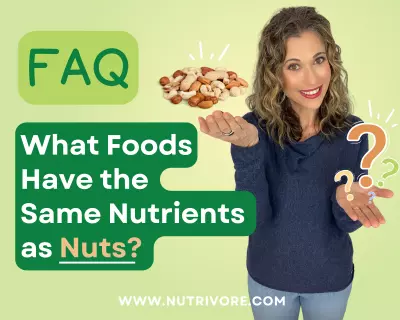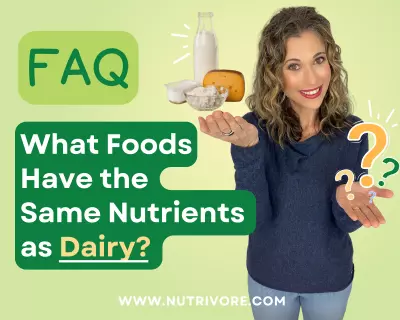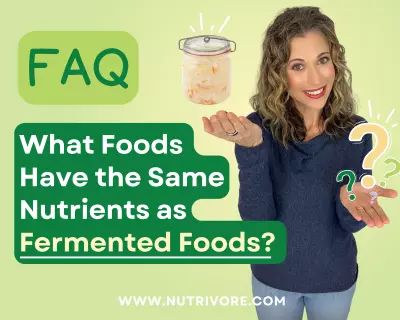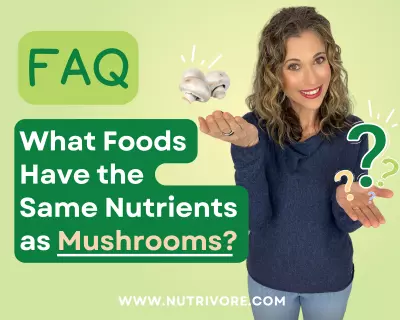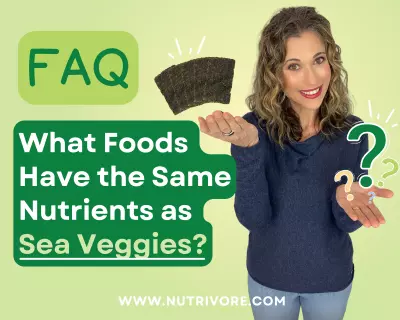What Are Alliums?
Alliums, also known as the onion family, include hundreds of different species belonging to the genus Allium, although the veggies we’re most likely to see on a dinner plate are onions, garlic, leeks, chives, scallions, green onions, and shallots.
What Nutrients Do Alliums Contain?
Nutritionally, alliums tend to be excellent sources of dietary fiber, vitamin B6, folate, vitamin C, vitamin K, manganese, potassium, and iron. What’s more, alliums boast a number of important phytonutrients—most notably the organosulfur compounds (such as cepaenes and thiosulfinates) that characterize their distinctive pungent taste, but also kaempferol, quercetin, fructans, ferulic acid, caffeic acid, anthocyanins (in purple or red onions), beta-carotene (in green alliums like spring onions and chives), flavonols (in yellow-fleshed and brown-skinned onions), chlorophyll (in leeks, chives, and scallions), saponins, and myricetin and apigenin (especially in garlic).
Health Benefits Associated With Alliums
Studies show that, overall consumption of allium vegetables, is linked with improved cardiovascular health and lower risk of cancer. Many of these health benefits are attributed to thiosulfinates found in alliums. Thiosulfinates provide diverse beneficial effects, including powerful anticancer properties as well as antioxidant, anti-inflammatory, and antithrombotic effects.
What if I Don’t Like Alliums?
Wondering how to reap the health benefits associated with the allium family of vegetables if you aren’t a fan of them or can’t eat them due to an allergy, I’ve got you covered!
What makes allium vegetables so valuable in terms of our health is a class of phytonutrients called thiosulfinates. These sulfur-based compounds are responsible for the distinct pungency of alliums and have impressive health benefits. Thiosulfinates benefit our health in two main ways. First, they upregulate enzymes involved in carcinogen detoxification, increasing the activity of enzymes that help eliminate potential cancer-causing substances from our bodies. They also specifically increase cytochrome P450 superfamily enzymes, which play roles in regulating the immune system, and antioxidant enzymes like glutathione S-transferases. We see these benefits in epidemiological studies which show that on average consuming a lot of alliums reduces cancer risk. Additionally, thiosulfinates have antithrombotic effects, meaning they can prevent the formation of abnormal blood clots that could lead to heart attacks or deep vein thrombosis.
In a perfect world, nutritious alliums would be part of everyone’s diet since you can’t get thiosulfinates from other foods. However, if you’re allergic or don’t like them, you can get another class of phytonutrients with a lot of functional overlap called glucosinolates, found in cruciferous vegetables (the cabbage family). Glucosinolates also upregulate detoxification enzymes, prevent DNA adducts from forming, and are supported by large epidemiological studies showing that on average eating more cruciferous vegetables lowers cancer risk. Cruciferous vegetables also decrease cardiovascular disease risk, but through different mechanisms, such as impacting serum lipids rather than clotting factors.
Bottom line, if you’re avoiding alliums, your best bet is to include cruciferous vegetables like cabbage, broccoli, cauliflower, kale, collard greens, radishes, turnips, and rutabaga in your regular diet.
As always, it’s important to remember that you don’t have to eat alliums if you don’t want to. Focus on all of the nutrient-dense foods you enjoy, have access to, and can afford and prepare them in a way that you love! There is no one perfect Nutrivore diet—there is a ton of flexibility of food choice that aligns with Nutrivore principles. And, Nutrivore celebrates every small step you take towards consuming a more nutrient-replete diet. Don’t forget that the diet you follow or don’t follow now does not impact your long-term health, what does is your lifelong eating patterns!
If you’re interested in my thoughts on nutritional swaps for alliums, check out my video below and if you want to learn more about alliums check out my detailed article here. Looking for other foods rich in the important nutrients found in alliums, including thiosulfinates? I’ve got you covered! Check out my Top 25 Foods for Every Nutrient E-Book, which highlights top foods for 42 important nutrients.
Food Swaps
If you’re looking for swaps for other foods check out these posts!


